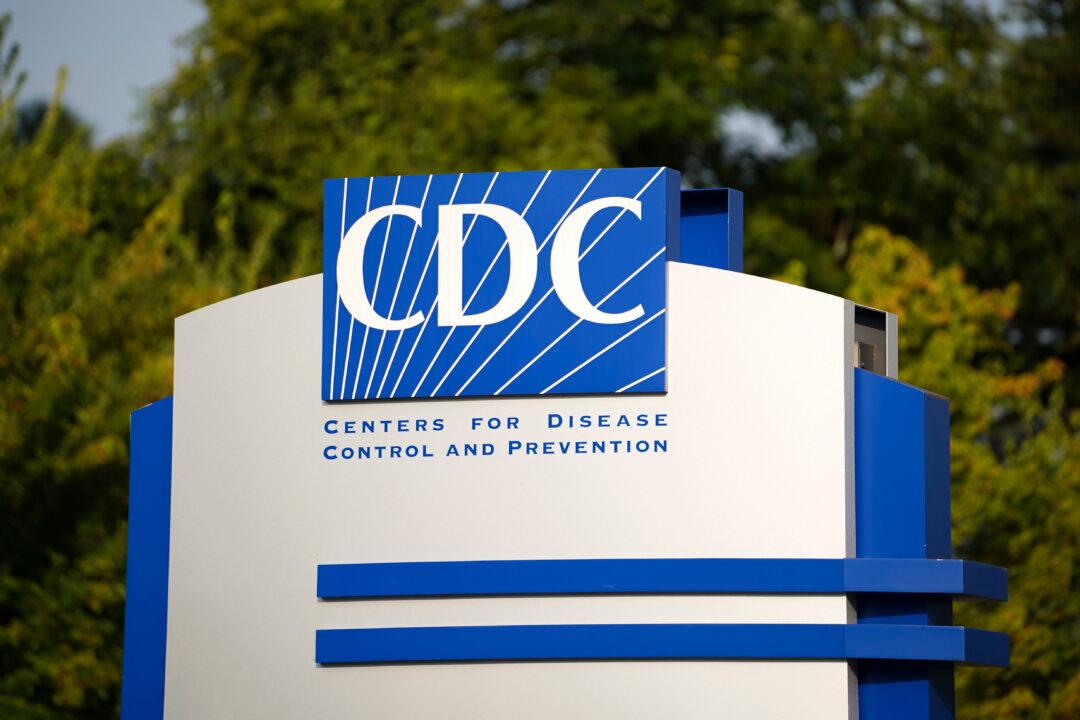An outbreak of Rocky Mountain Spotted Fever in Southern California has resulted in three deaths, according to a health advisory issued by the U.S. Centers for Disease Control and Prevention (CDC).
Rocky Mountain spotted fever is described as a severe, rapidly progressive and often deadly disease transmitted by the bite of infected ticks, according to the CDC.





